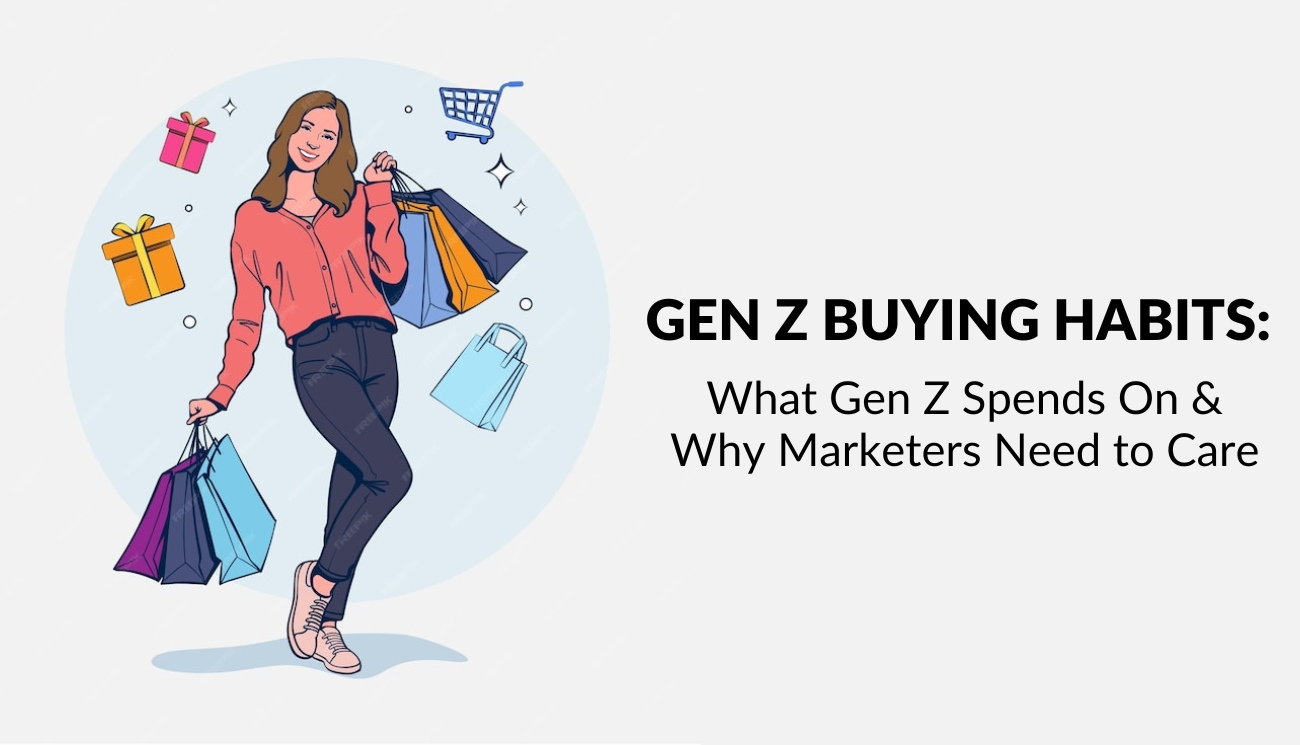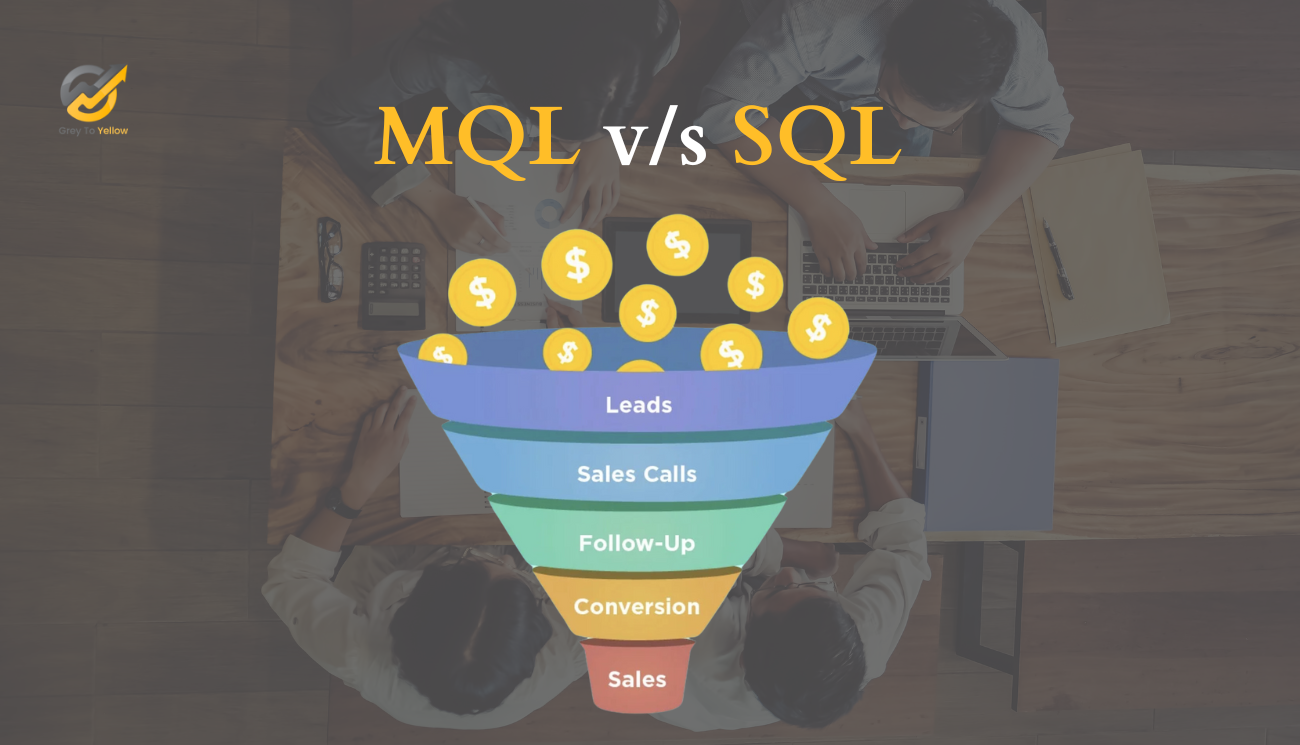
Millennials vs. Gen Z: Why Marketers Need to Know the Difference
Millennials and Gen Z are often grouped together and while they might have some similarities, they have distinct preferences and respond in a different manner to different marketing tactics.
Understanding what these differences are is crucial to devise effective campaigns. Let us know what sets them apart and how you can tailor your marketing approach according to different groups.
Generational Divide: Key Differences
- Tech Experience: Millennials were the group that witnessed the rise of the internet and Gen Z was born into the digital world. They are more comfortable with digital devices and short-form entertainment content such as TikTok videos.
- Financial Outlook: Millennials had their adulthood days during the Great Recession and that’s what shaped their spending habits to a more practical approach. Gen Z was raised in its aftermath and were taught to prioritise spending responsibly.
- Attention Span: Millennials have a better attention span which allows them to engage in more in-depth marketing content. Gen Z is inclined towards short, punchy messages that convey messages quickly.
- Social Media Platforms: Both generations love social media, but their preferences differ. Millennials frequent Facebook, Instagram, and YouTube, while Gen Z gravitates towards TikTok and Snapchat.
- Content Consumption: Millennials enjoy a lot of long-form content and podcasts while Gen Z goes for more short-form video content and social media-based product discovery.
Marketing to Millennials (Ages 28-43):
- Informative Content: Millennials are more inclined towards informative content that aims to educate them about the product’s benefits and any solutions they might be looking for.
- Embrace Multimedia: Utilise a mix of formats like videos, podcasts, and social media posts to engage them.
- Highlight Value Proposition: Give them reasons why your product enhances their lives and makes tasks easier to do.
- Leverage Established Platforms: Market on Facebook, YouTube, and Instagram, where millennials actively research products.
- Consider Long-Form Content: Try showcasing your products in longer marketing videos and branded podcasts that will catch their attention.
Marketing to Gen Z (Ages 12-27):
- Short and Sweet: Be short and crisp with your messaging and communicate your value proposition in these messages.
- Mobile-First Mindset: Optimise your content for mobile devices because that’s where Gen Z spends most of their time.
- Go Viral with Video: Use TikTok and instagram reels to catch their attention.
- Influencer Marketing Matters: Partner with influencers Gen Z trusts to promote your product in an authentic way.
- Focus on Practicality: Highlight how your product benefits them functionally and helps them save money.
Reaching Both Generations:
While separate campaigns might be ideal, here are some strategies to target both millennials and Gen Z:
- Age-Range Targeting: If budget constraints limit specific campaigns, focus on the 18-34 age group. This captures young adults with purchasing power.
- Highlight Instant Gratification: Both the generations love instant gratification so use that to emphasise your product’s benefits.
- Social Media Savvy: Use social networks like Instagram, YouTube, and Facebook, which both generations use frequently.
By understanding the unique characteristics of Millennials and Gen Z, you can create targeted marketing campaigns that appeal to each group. Don’t miss out on connecting with these powerful demographics by using a one-size-fits-all approach. Craft your message accordingly and you’ll be well on your way to marketing success.



